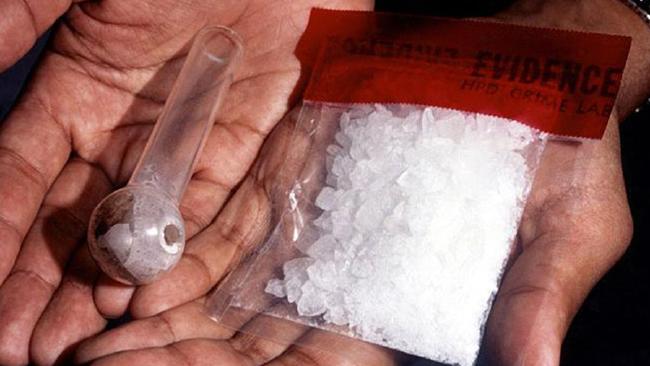In response to the current spate of drug-related deaths and the alarming growth of the nation’s crystal methylamphetamine, or ‘ice’ epidemic, the Australian government has awarded more than $300 million to reduce the abuse and harm of illicit drugs.
An unclassified report investigating methylamphetamine (‘meth’) in Australia by the Australian Crime Commission (ACC) found of all illicit drugs, ice is currently the most dominant form of meth and therefore, poses the highest risk to the Australian community. [1] In addition, the National Drug and Alcohol Research Centre discovered Australian deaths caused by injecting ice have increased by 52 per cent in the past decade. [2]
The rampant nature and scale of ice addiction in Australia, begs the question, what is the solution to this tragic epidemic?
Following the recent drug-induced death of 25 year-old, Sydney pharmacist, Sylvia Choi and a 19-year-old man, Stefan Woodward, both of whom took illicit drugs at local music festivals, the Federal Government has announced it will allocate more than $300 million to battle the ice epidemic threatening the lives of Australians.
This grant comes shortly after the Government awarded the National Health and Medical Research Council (NHMRC) more than $1 million to conduct Australia’s largest clinical trial of medical treatment for “ice” addiction to date.
In an interview reported by ABC News, the Australian Prime Minister, The Hon. Malcolm Turnbull MP, cited “The responsibility for tackling this very complex problem can’t be left to the police alone.” [3]
Turnbull explained arresting addicts is not enough, and claimed the funding would be allocated to primary health networks.
“We believe that the medical and healthcare professionals who are closest to the people in need, are best able to determine how the money is spent.”
In an opinion piece published by The Border Mail, Sydney lawyer, Tim Dick claimed the Australian imprisonment rate had doubled in the past 30 years and there are currently 196 people in full-time custody for every 100,000 adult Australians. [4]
The government has recognised an integrated approach must be implemented, focusing on the treatment, intervention and prevention of harm as the main way to reduce drug addiction, rather than investing in the policing of addicts. [5]
In terms of how to solve the raging debate involving the ice epidemic gripping Australia, there may be no single solution. Goverment measures and heightened community awareness however, should help make substantial in-roads into curbing this social scourge.
[1] Australian Crime Commission 2015, ‘The Australian Methylamphetamine Market – The National Picture,’ vol.1, no.1, p.5, https://www.crimecommission.gov.au/sites/default/files/AUS-METH-%20MARKET-%20200315%20FINAL.pdf, accessed December 11, 2015
[2] Downey, M 2015, National Drug & Alcohol Research Centre, ‘Methamphetamine deaths increase across Australia and ice use jumps by 52 per cent among people who inject drugs,’ https://ndarc.med.unsw.edu.au/news/methamphetamine-deaths-increase-across-australia-and-ice-use-jumps-52-cent-among-people-who, accessed December 11, 2015.
[3] Fogarty, S 2015, ‘Prime Minister announces $300m strategy to tackle ice addiction,’ ABC News, online, available at: http://www.abc.net.au/news/2015-12-06/malcolm-turnbull-ice-addiction-strategy/7005246, accessed December 11, 2015.
[4] Dick, T 2015, ‘Drug fight needs to focus on intervention,’ International Business Times, available at: http://www.bordermail.com.au/story/3541937/drug-fight-needs-to-focus-on-intervention/, accessed on December 11, 2015.
[5] Acosta, D 2015, ‘Government allocates more than $300 million to combat ice addiction,’ International Business Times, available at: http://www.ibtimes.com.au/government-allocates-more-300-million-combat-ice-addiction-1490594, accessed on December 11, 2015.
Latest posts by Darren Lockie (see all)
- Cocaine burnout - February 25, 2020
- What is pathological lying? - February 21, 2020
- Ireland’s growing drug problem - January 20, 2020
+66 8 7140 7788









